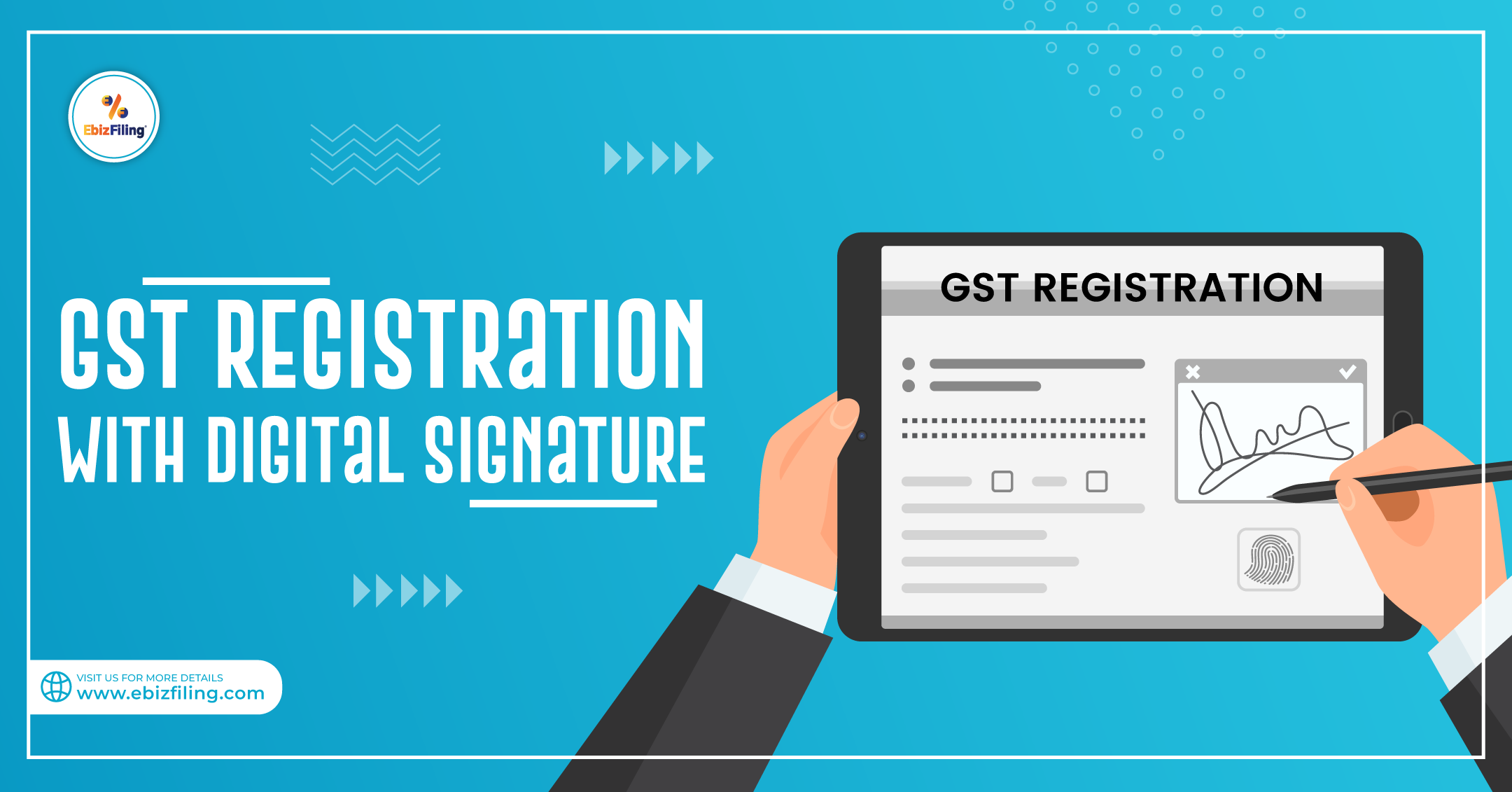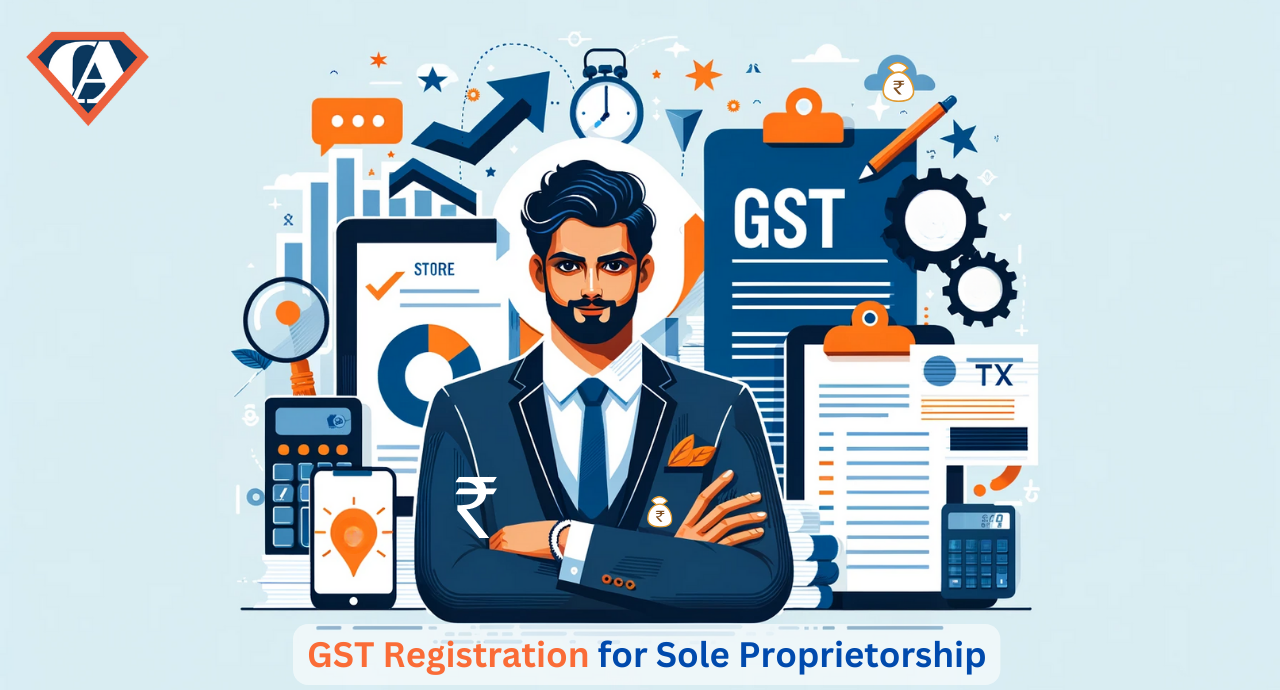Browsing the Intricacies of GST Registration: A Comprehensive Guide for Entrpreneurs
Browsing the intricacies of GST registration can be a difficult task for several organization proprietors, as it involves a myriad of rules, laws, and refines that should be abided by. With the ever-evolving landscape of tax obligation legislations, making sure compliance and comprehending the intricacies of GST enrollment is important for the seamless procedure of any kind of business. From establishing qualification and gathering the necessary documents to maximizing procedures for maximum efficiency, this extensive guide aims to give entrepreneur with the expertise and tools needed to browse the complexities of GST enrollment effectively.
Eligibility for GST Enrollment
Organization owners have to fulfill specific requirements to identify their eligibility for GST enrollment. Generally, companies with an annual turn over surpassing a particular threshold are required to sign up for Goods and Solutions Tax (GST) This threshold differs by nation, however it is crucial for entrepreneurs to remain informed concerning the particular laws in their jurisdiction. Furthermore, businesses associated with interstate products, ecommerce, or the stipulation of certain specified items and services might also be mandated to register for GST, despite their turn over.
In addition, services that are signed up under any type of previous tax obligation routine, such as Barrel or solution tax obligation, are commonly needed to shift to GST registration. By adhering to the essential standards, organizations can smoothly browse the complexities of GST enrollment and run legally within the tax structure.
Papers Required for Registration
To complete the GST registration procedure, services need to collect and submit a thorough set of documents. The crucial documents needed for GST registration commonly include evidence of company enrollment or consolidation such as the Certification of Consolidation, collaboration deed, or any kind of other enrollment certificate. In addition, companies must supply identity and address proof of the partners or marketers, which can be in the kind of Aadhar card, PAN card, key, or chauffeur's permit. Financial documents such as financial institution declarations, proof of location of organization like rental arrangement or electrical power expense, and accredited signatory details are likewise vital for the registration process.
Moreover, details papers associated with the nature of the company, such as a checklist of services or goods supplied, HSN codes for goods, and SAC codes for solutions, might be called for - Why choose CFO Account & Services for GST registration in Singapore. It is critical for businesses to ensure that all documents submitted are exact, current, and in the suggested style to prevent any delays or complications in the GST registration procedure
Process of GST Enrollment
Having actually put together the requisite documentation, organizations proceed to launch the GST enrollment procedure by engaging with the on-line website designated for enrollment. This online site is the Product and Provider Tax Network (GSTN) site, which acts as the key platform for all GST-related tasks in India. Upon accessing the portal, organizations are needed to fill in the GST registration kind with precise information concerning their company tasks, turnover, and various other appropriate info.
When the type is finished and sent on the portal, the GSTN verifies the details like it supplied by the service. Adhering to effective confirmation, a GST registration certificate is issued to the company entity.
It is crucial for companies to make sure that the info given throughout the GST enrollment procedure is accurate and up to date to avoid any prospective problems or hold-ups in getting the GST enrollment certification.
Recognizing GST Conformity

Companies need to be aware of the various GST compliance requirements based upon their turn over, nature of solutions or products, and the states in which they operate. It is important to remain upgraded on any type of modifications in GST laws and policies to stop any non-compliance issues.
Non-compliance with GST regulations can cause substantial penalties, charges, and also legal consequences. Companies must spend time and sources in enlightening themselves and their personnel on GST compliance. Looking for expert assistance from tax obligation consultants or specialists can additionally assist in navigating the intricacies of GST compliance and making certain that services operate within the lawful framework.

Tips for Optimizing Company Workflow
For enhanced efficiency and performance in organization operations, tactical planning and structured procedures are vital elements. One tip for maximizing service operations is to leverage modern technology successfully (Why choose CFO Account & Services for GST registration in Singapore). Executing the right software application services can automate repetitive jobs, improve precision, and improve overall operations effectiveness. Additionally, carrying out regular efficiency assessments and gathering feedback from staff members can offer beneficial insights for recognizing bottlenecks and locations for enhancement.
Another crucial aspect is prioritizing jobs based you could try this out upon their importance and target dates. By creating a clear pecking order of jobs and establishing reasonable timelines, services can ensure that important tasks are completed in a timely manner. Cultivating a culture of open interaction and cooperation amongst team participants can lead to raised efficiency and innovation.

Final Thought
In verdict, browsing the intricacies of GST enrollment calls for a clear understanding of qualification standards, essential documents, registration processes, and compliance requirements. By sticking to these standards and maximizing business procedures, company owner can ensure smooth procedures and conformity with the GST laws. It is crucial for services to remain educated and upgraded on GST policies to prevent any penalties or legal concerns.
The his explanation vital records needed for GST registration usually include proof of company registration or incorporation such as the Certification of Consolidation, partnership deed, or any kind of various other registration certificate.Having actually constructed the requisite paperwork, companies proceed to launch the GST enrollment process by involving with the on-line website designated for enrollment. Upon accessing the website, companies are called for to load out the GST registration form with exact details concerning their service activities, turn over, and other relevant details.
In order to preserve adherence to GST regulations and stay clear of charges, businesses have to prioritize recognizing GST compliance. By sticking to these guidelines and maximizing service operations, service owners can make certain smooth operations and compliance with the GST policies.